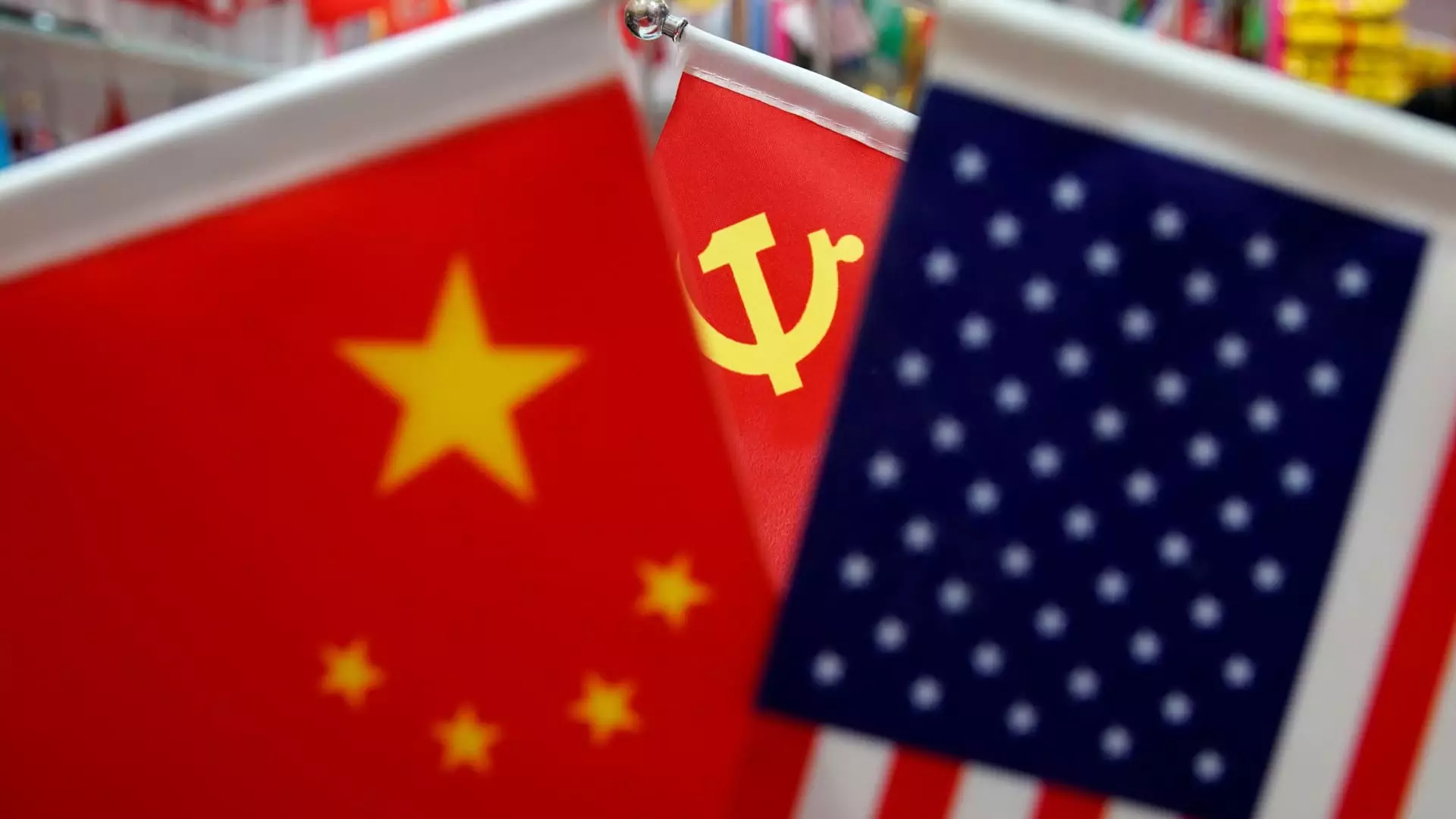In the wake of Donald Trump’s re-election as president, China has expressed a clear desire for enhanced cooperation with the United States. He Yongqian, a spokesperson for China’s Ministry of Commerce, articulated the importance of mutual respect and collaborative engagement in addressing economic and trade challenges. This statement comes at a critical juncture, as Trump had indicated during his campaign the potential for imposing additional tariffs on Chinese imports, which raises concerns about the future of bilateral relations.
The commitment to dialogue highlighted by Chinese officials suggests an eagerness to navigate the complexities stemming from trade tensions that escalated during Trump’s first term. By emphasizing “peaceful coexistence and win-win cooperation,” China is positioning itself as a partner that seeks to stabilize and improve trade relations rather than retreat into isolation or conflict. This focused approach may help in softening responses to whatever measures may be taken by the new administration in Washington, creating an opening for constructive negotiations.
Trade Tensions and Future Outlook
The threat of tariffs looms large over the economic landscape, particularly as Trump campaigns on increasing U.S. leverage in trade negotiations. Analysts are predicting that tariffs on Chinese goods could be enacted as early as the first half of the year, as Trump may utilize existing legislative powers to expedite the process. However, there remains a degree of uncertainty about the extent and impact of these tariffs. Yue Su from the Economist Intelligence Unit suggests that the potential for additional tariffs could come in response to perceived imbalances in trade, citing historical legislative frameworks that allow such actions.
Conversely, there exists a more optimistic viewpoint among some market analysts. For instance, David Chao from Invesco contends that the harshest tariff proposals may serve primarily as leverage rather than immediate policy intentions. This perspective posits that Trump’s administration may seek to gain concessions—such as increased U.S. agricultural exports in exchange for avoiding additional tariffs—demonstrating a strategy rooted in negotiation rather than confrontation.
The Broader Implications of Tariff Policies
The potential imposition of tariffs, especially a suggested 10% on all exports to the U.S., could have far-reaching implications that extend beyond the U.S.-China bilateral relationship. Economists warn that such a course of action may dampen global demand, significantly impacting not only China but also other Asian economies that are interconnected with the Chinese supply chain. As the world’s second-largest economy, China’s trading dynamics hold substantial weight on global markets, making any shifts in policy a point of concern for international trade stakeholders.
As Trump prepares to assume office again amidst promises of aggressive trade policies, China’s proactive stance on cooperation could be pivotal for stabilizing economic relations. This uncertain environment underscores the importance of ongoing dialogue, as both nations navigate their complex interdependencies in a world that is increasingly influenced by geopolitical considerations. How these dynamics unfold in the coming months will likely shape the future of international trade beyond the U.S.-China dialogue, reflecting a critical juncture in global economic relations.

